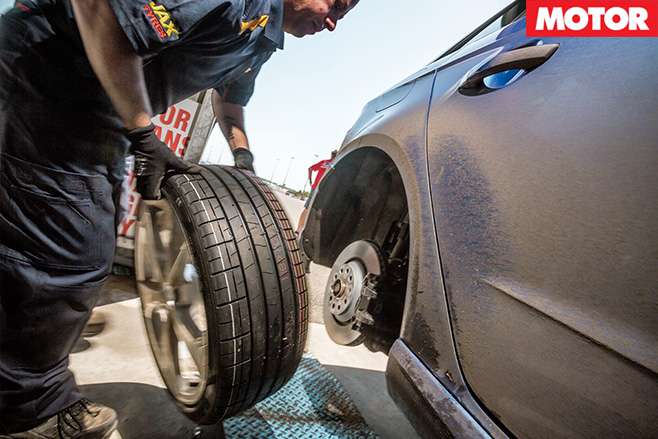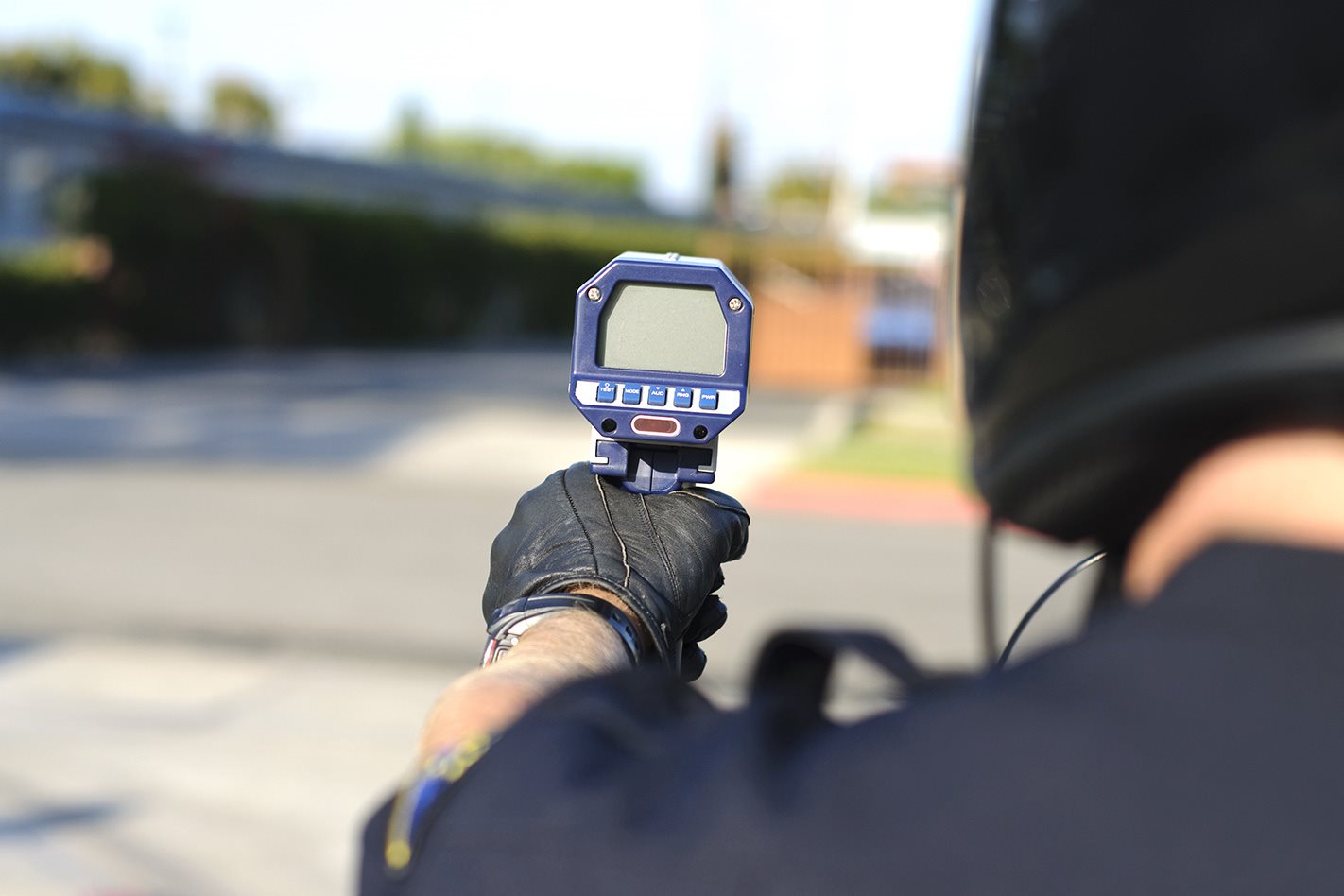
The authorities will tell you that speeding fines and speed cameras are entirely and absolutely effective at changing driver behaviour and thus reducing the road toll.
But before we even get to the facts and figures, ask yourself this simple question – if you’re the kind of person who speeds, then you’ve almost certainly received a fine or three, but did it stop you speeding?
Mostly what copping a fine inspires is anger and resentment, although it could be argued that the people of Victoria have had their behaviour broken by the sheer ruthlessness of the state government’s approach.
It might seem an age ago, but there used to be a kind of accepted rule in this country that 10 per cent – what was commonly known as speedo error – was allowed. Now, people are being booked for 63 or 64km/h in a 60 zone, and repeatedly so.
This has created a situation where the roads of Melbourne resemble a clogged bowel, everyone too frightened to overtake, every lane filled with people doing the same speed, every driver spending an inordinate, arguably dangerous amount of time watching their speedometer, terrified of creeping even the tiniest bit over the limit.
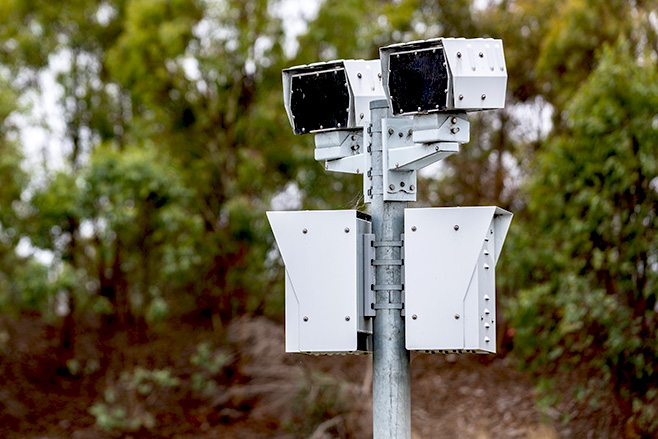
Speed limits are dropping. 100 zones across the country have become 80 zones, or even 60 zones, as if modern cars – safer, quicker to stop and more adept at avoiding loss-of-traction moments thanks to modern software – are somehow more dangerous than the vehicles those old limits were chosen for.
We all despise the deaths of innocents in pointless road accidents, and want fewer of them, but are speeding fines the magic bullet that will save lives?
Victoria has certainly tried to prove the case harder than any other state, with an enforcement policy supported by constant advertising best described as brutally draconian.
In 2011 in the Police State, there were 85 deaths recorded between 1 January and 13 April. This year the figure is 84. Last year at the same stage there had been just 74. How can it be going up if speeding fines work?
Raw figures can misrepresent the argument, of course, because the road toll can be affected by horrible coincidences – the number of people in a car at the time of an accident, for example.
There may even be deaths in there that arguably weren’t mainly caused by speed, but simply human error, difficult conditions or fatigue.

Would issuing those people who tragically died on our roads with more speeding tickets earlier in their lives have saved them? Figures from Queensland strongly suggest otherwise.
The Sunshine State, which is vast by any measure and thus sees residents driving long distances, issued an extra 2695 speeding tickets in the first quarter of this financial year, a staggering, almost inconceivable number in just three months.
Those fines will bring in more than $400,000 in revenue, conservatively – the real figure is likely to be well over $500,000.
The big jump seems to have been achieved by a simple and subtle rule change, which meant enforcement officers no longer needed to put out warning signs alerting motorists to the presence of speed cameras on any given stretch of road.
The price of fines also went up, as usual, which helps the bottom line.
Incredibly, Qld Police claimed that ‘Speed Camera in Use’ signs, which logic suggests would work better at slowing drivers than hidden ‘safety’ cameras, were “problematic” and even a “hazard”, and thus not useful policing measures.
And the Queensland road toll? In 2015, it was 242, which is 19 more than the preceding year. Back in 2010, it was 249.
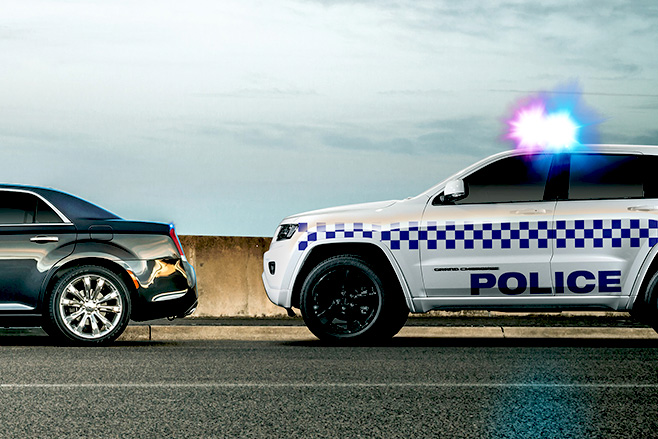
Without delving into more detail, the takeaway from the Queensland figures is that an increased focus on booking people for speeding by whatever means necessary has not had a marked improvement over the figures from six years ago, when speed cameras were rarer.
In Western Australia – where the government will make just under $100million from speed cameras this financial year, up from $66m two years ago – the road toll in 2015 was 161, down from 191 in 2009, which sounds like what they’re doing is working. Until you notice that it was 164 in 2005.
Victoria’s highly visible Traffic Accident Commission, which has made some of the most violent and shocking TV advertisements the world has seen, declares one of its goals to be a: “A future where every journey is a safe one.”
This is patently absurd, because humans are fallible and will make mistakes while operating large and potentially deadly vehicular missiles.
As long as there are drivers on the road, they will hurt each other, so apparently what the TAC is working towards is a world of driverless cars, in which software guides us swiftly past each other on whispering, whooshing roads as we sit and stare at our devices.
It’s a Utopian ideal, and one that even the most optimistic experts say isn’t likely until around 2030 but it does make some sense of their approach.
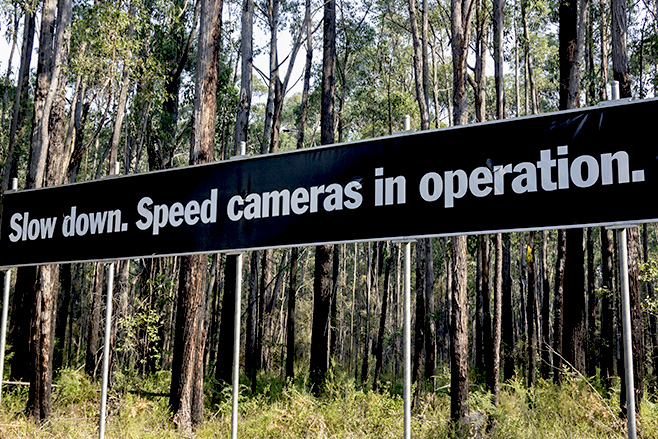
The TAC’s figures have clearly shown them that the problem with the road toll is that people insist on driving places. If it was possible to stop them doing so – perhaps by fining them so harshly and repeatedly that they simply give up trying or lose all their demerit points – perhaps the toll would genuinely fall.
Of course that wouldn’t be the policy because it’s bonkers – but it can occasionally feel like it is.
Regardless of whether they actually change human behaviour, speeding fines aren’t going anywhere except up, both in the number issued and their cost, because they are a fabulous revenue stream for governments. People will always speed, either through accident or desire, and they will be made to pay for it.
Perhaps the fines would hurt less, however, if we knew the money was being directly spent on something relevant, like better roads or even – whisper it – driver training.
It’s just possible that making people better drivers, more capable of handling incidents at speed, judging their braking distances and having a better and more defensive attitude towards other road-users might lower the road toll.
It’s got to have a better chance of doing so than more fines for speeding.



